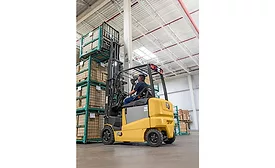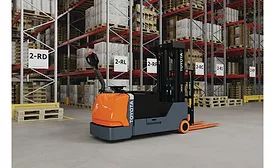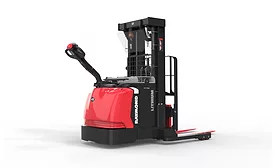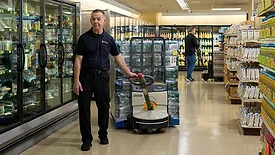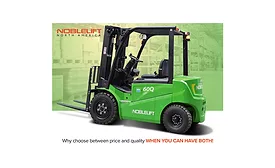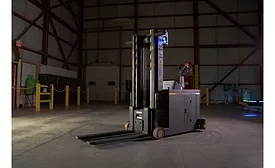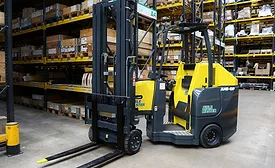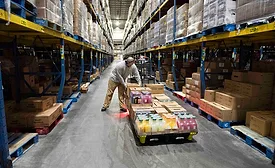Home » Keywords: » lift trucks
Items Tagged with 'lift trucks'
ARTICLES
Forklifts help beverage warehouses accommodate expanded portfolios
Lift trucks manufacturers embrace software technology, ergonomics to support operators
August 21, 2025
Warehouse
The future of forklifts
Fulfilling retailer needs and consumer demands with new forklift technology
September 1, 2022
Distribution
Liftgates continue to support rear-load delivery needs
Suppliers aid bulk-delivery models with upgrades to liftgates
December 28, 2021
Combilift unveils Aisle Master Order Picker for use in multiple applications
AME-OP manages narrow aisle operation, item order picking
March 10, 2021
Electric lift trucks, integrated technologies provide solutions
Ability to layer technology options key to addressing the individual needs
November 18, 2020
Elevate your expertise in the beverage marketplace with unparalleled insights and connections.
Join thousands of beverage professionals today. Shouldn’t you know what they know?
JOIN NOW!Copyright ©2026. All Rights Reserved BNP Media.
Design, CMS, Hosting & Web Development :: ePublishing
